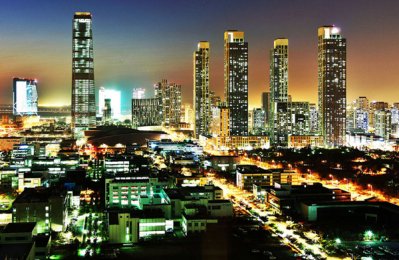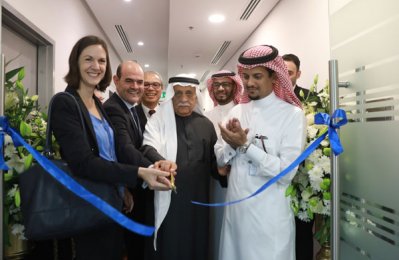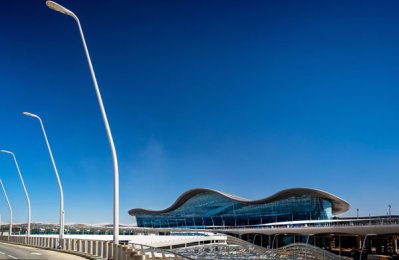'More Chinese investors eyeing Dubai’s warehousing industry'
As online retail shopping booms globally and domestically, and consumer confidence rises ahead of Expo 2020, the demand for storage spaces and fulfilment centres in Dubai is also increasing, particularly from the Chinese investors.
More Stories
As online retail shopping booms globally and domestically, and consumer confidence rises ahead of Expo 2020, the demand for storage spaces and fulfilment centres is also increasing.
This trend, according to the CEO of Lootah Real Estate Development Saleh Abdullah Lootah, is translating to a higher interest for warehouses and other cost-effective logistics solutions, particularly from the Chinese investors.
China is Dubai’s largest trading partner, contributing Dh71 billion ($19.3 billion) of trade in the first half of 2019 — a 4 per cent increase compared to the same period in 2018. Senaeyat, the UAE’s first lease-to-own warehouse concept, has been seeing the positive impact of this growing bilateral trade.
“The warehousing industry offers a huge potential for businesses to effectively expand their reach and save on their rental expenses,” Lootah said. “Senaeyat continues to receive a great number of inquiries from Chinese investors looking to set-up more businesses in Dubai. We have been receiving a significant number of leads, which have been converted to successful meetings and actual deals. Lootah has been serving Chinese businesses for a long time, and with the increase of e-commerce, we expect businesses from China to grow further in the region.”
Senaeyat allows businesses the ability to own warehouses after a period of only 10 years. It was introduced as the demand for warehouses and high-quality storage spaces continues to rise in the UAE.
Through Senaeyat’s lease-to-own turnkey and strategically located properties, rental expense becomes a property asset that appreciates over time. Its warehouses are also offered in various sizes and a range of specifications at competitive prices.
The CEO further added that the rising demand for warehouses from the Chinese businesses is rooted from the strengthening trade and diplomatic relations between China and the UAE. Their strong ties have resulted in Chinese business and trade growth in the country—especially in Dubai. According to WAM, the trade between the UAE and Dubai has grown by 81 per cent over 10 years, which is around $37.84 billion (Dh139 billion) in 2018 to US$20.9 billion (AED 77 billion) in 2009. There are now 876 Chinese companies registered in Dubai Customs, 623 of which are companies with trade licenses, 244 with free zone licenses, and 9 with professional licenses.
The bilateral trade between the UAE and China in the first quarter of 2019 increased as well by 11.3 per cent as compared to the same period last year, amounting to $19 billion (AED 69.7 billion). As per the reports, the volume of non-oil trade between UAE and China is also expected to reach $70 billion (Dh257 billion) by 2020.
The strengthening relation between the UAE and China has also resulted in a remarkable growth in tourism, businesses, population apart from trade.
A large number of Chinese business owners are now investing in Dubai’s real estate market following implementation of the Belt and Road Initiative and other developments, according to a property consultancy firm Coldwell Banker UAE.
As for the Chinese population in the UAE, the number of expats living in Dubai has also amplified by 53 per cent over the past five years, with 30,000 Chinese citizens and over 4,200 Chinese companies operating in the country.
China also contributes greatly to Dubai’s tourism, being the emirate’s fourth-biggest market for tourists in the first half of 2019. According to figures released by Dubai Tourism, the emirate welcomed 501,000 overnight visitors from China in H1. - TradeArabia News Service
Projects















